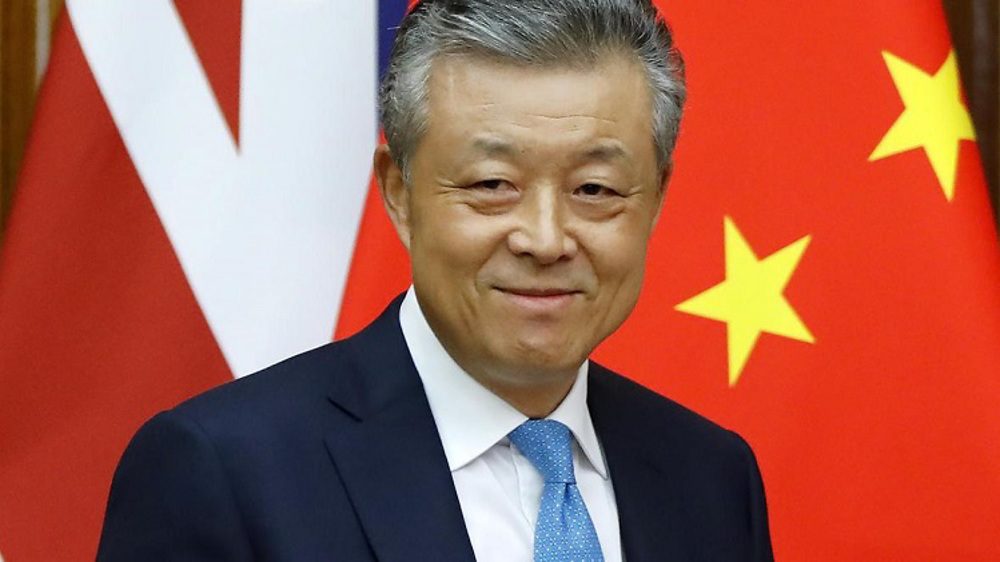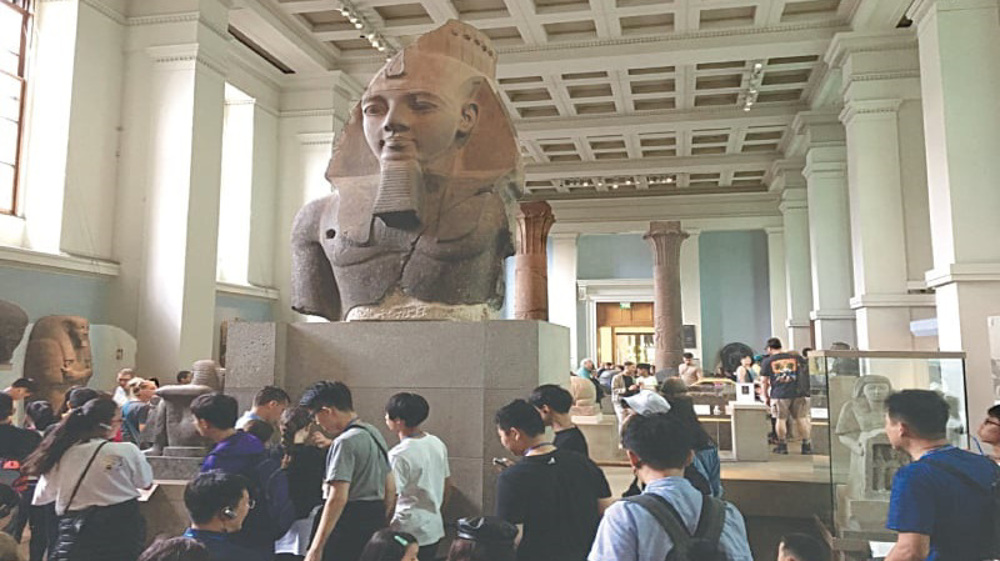China ambassador lambastes UK over Hong Kong and Huwaei
After weeks of British provocation, the Chinese state has finally hit back against the UK, accusing London of “gross interference” in Beijing’s internal affairs.
Liu Xiaoming, who is China’s ambassador to the UK, scorned the British government for continuing to make “irresponsible remarks” about Hong Kong.
Talking to Sky News earlier today, Xiaoming accused the UK of “trampling” on the basic norms of international relations and described Britain’s offer of citizenship for Hong Kongers as a “gross interference in China’s internal affairs”.
The ambassador’s robust words are being widely interpreted as signaling a sharp deterioration in Sino-British relations.
The BBC’s diplomatic correspondent, Paul Adams, has said that with Britain and China now at “loggerheads” over two major issues, the sense of a “fraying relationship” is stronger than ever.
The two issues Adams refers to are Hong Kong and the technology giant Huawei.
On Hong Kong, the British decision to offer a path to citizenship for up to three million residents following the passing of a national security law by Beijing is a source of major irritation for the Chinese.
On Huawei, Prime Minister, Boris Johnson’s expected decision to terminate the tech giant’s limited role in the development of the UK’s 5G network is expected to deal a severe blow to bilateral relations.
Only last week the PM suggested that China might now be seen as a “hostile state vendor”, thus drawing Beijing’s ire.
The full extent of Chinese anger on Hong Kong was on display today as Ambassador Xiaoming sharply rebuked the British establishment for intensifying its meddling in the Special Administrative Region.
"The UK side knows well that Hong Kong is no longer under its colonial rule and that Hong Kong has returned to China and is now part of China", Liu Xiaoming proclaimed.
"The UK has no sovereignty, jurisdiction or right of supervision over Hong Kong after the handover [on July 01, 1997]”, the ambassador added for good measure.
Beijing’s man in London had equally robust words on the telecoms company Huawei, telling Sky News: “If you [British government] don’t want Huawei, it’s up to you”.
But the ambassador warned the consequences “might be many” as rejection of Huawei “damages” the UK’s image as a “business-friendly environment” and signal to the world that Britain lacks an “independent” foreign policy.
The critique of the UK’s foreign policy is a thinly-veiled reference to months of US pressure on the UK government to abandon Huawei.
The ambassador’s trenchant interview might well be regarded in due course as symbolizing a turning point in the volatile Sino-British relationship.
Hundreds of Greeks protest US warship arrival in Crete
Iran warns Trump against decisions based on false information
Iran embassy rejects 'fabricated' French reports on domestic affairs
Trump’s military buildup against Iran on Netanyahu’s behalf is a gambit doomed to fail
Iran dismisses US 'big lies' on nuclear, missile programs
CIA‑founded NGO admits deploying Starlink satellites for Iran riots
VIDEO | French comedian targeted by Rothschild and Epstein for his shows on Palestine
Iranian commanders warn US not to mistake it for other nations












 This makes it easy to access the Press TV website
This makes it easy to access the Press TV website